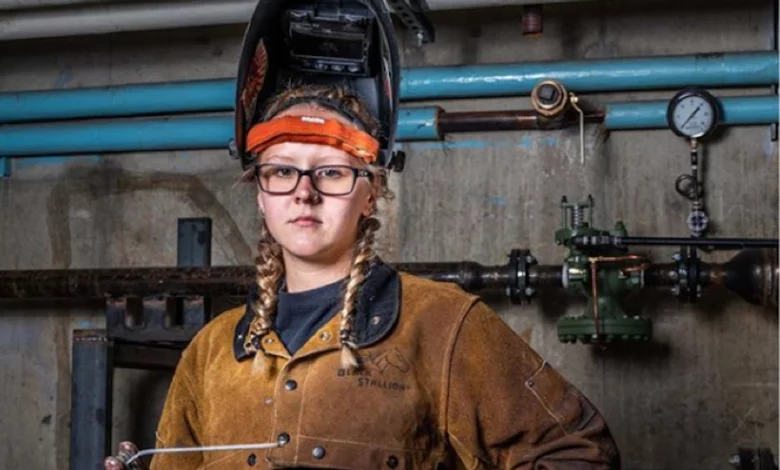How to Immigrate to Canada as a Pipefitter

Pipefitters and other skilled trades are not only in demand in Canada, but they also offer well-paying salaries and perks like free health care and schooling for your children. As a Pipefitter, you can earn anywhere from $18,842 to $87,828 per year, depending on your experience.
There are currently hundreds of jobs available across Canada on job portals like Indeed, Wow Jobs, and Workopolis, offering lucrative positions to qualified and experienced workers.
As a skilled pipefitter, there are essentially 2 ways to migrate to Canada. First, highly skilled and experienced workers can apply through the Federal Skilled Trades Program, which is administered through the Express Entry system. This will allow you to find work as a pipefitter anywhere in Canada and, if your visa application is successful, you will be granted permanent residency.
The second option is to apply through the Provincial Nomination Program. This is an employer-specific program designed to help provinces and territories fill in-demand positions that cannot be filled locally. If you do not qualify for the Express Entry option, you may be considered if you express interest in a particular province or territory and have a job offer. This allows you to move even if you do not have a high Comprehensive Ranking System (CRS) score.
Once you have a job offer, you will need a work permit to legally work in Canada. Visit our blog to learn how to apply for a work permit.
How Do I Migrate to Canada as a Pipefitter?
The first step is choosing the right immigration program.
Option 1: Express Entry – Federal Skilled Trades Program
The Federal Skilled Trades Program allows you to immigrate to Canada in as little as 6 months because it is administered through the Express Entry system. Your profile is compared to other applicants based on factors such as age, work experience and professional qualifications. Those with the highest CRS scores are then issued an ITA (Invitation to Apply) for permanent residency.
The Federal Skilled Trades Program is for individuals who fall under one of the following National Occupation Qualifications:
| National Occupation Qualifications Categories | |
|---|---|
| Major Group 72 |
|
| Major Group 73 |
|
| Major Group 82 |
|
| Major Group 92 |
|
| Minor Group 632 |
|
| Minor Group 633 |
|
The best thing about the Express Entry system is that you don’t need a job offer to qualify. Also, you can look for a job anywhere in Canada and have a chance to get an ITA every 2 weeks.
Option 2: Provincial Nominee Program
The PNP (Provincial Nominee Program) is for people who are not necessarily eligible for the Express Entry program, but have the required qualifications for specific occupations that are in demand in certain provinces and territories in Canada.
To qualify for most PNP programs, you need a job offer and can only work for your designated employer in a specific province or territory.
An important aspect of the PNP is that some provinces have Express Entry categories. This means that provinces or territories that have an Express Entry profile can select your profile from the draw pool and send you a Provincial Nominee (PN). A PN is worth 600 additional CRS points, which means you are already halfway to the maximum CRS score of 1200 points, which means you are almost guaranteed an ITA for permanent residency.
Provinces and territories that require pipeliners are:
- Nova Scotia
- New Brunswick
- Ontario
- Manitoba
- British Columbia
Once your application for either program is accepted, you will receive an invitation to apply for permanent residency, which provides you with certain benefits such as free public health care and schooling for your children up to grade twelve. In addition, you can apply for Canadian citizenship after living in Canada for at least 3 years.